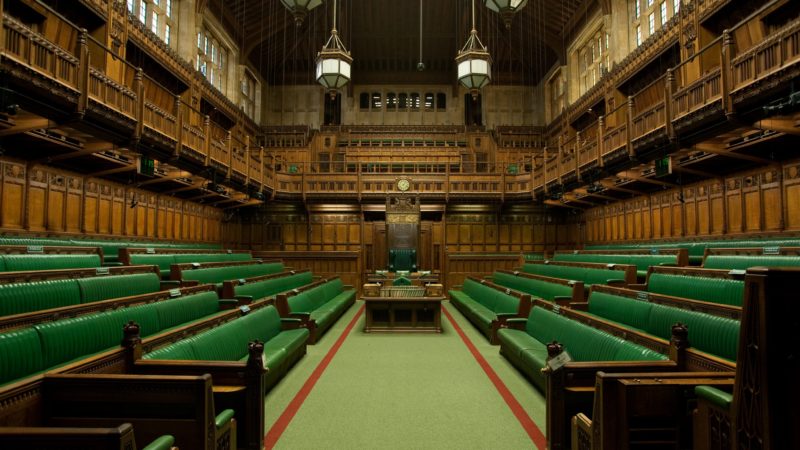
MPs have voted in favour of the government’s minimum service levels bill by 309 votes to 249, after Angela Rayner denounced the legislation as a “vindictive assault on the basic freedoms of British working people”.
The bill, which would see minimum service levels enforced during strikes in certain areas of the public sector, passed it second reading this evening.
Addressing the Commons during the debate, the deputy Labour leader said: “I cannot recall a measure that is at once so irrational and so insulting. Not only is it a vindictive assault on the basic freedoms of British working people, but this legislation is as empty of detail as it is full of holes.”
Grant Shapps told MPs that ministers “understand that an element of disruption is likely with any strike” but added: “We also need to maintain a reasonable balance between the ability of workers to strike with the rights of the public who work hard and expect the essential services they pay for to be there when they need them.”
The Business Secretary argued that the legislation is a “common sense safety net to keep the public safe and ease some of the enormous anxiety that they felt over the last few months”.
“Failing to support this bill today means that members who oppose this legislation are essentially prepared to put the safety and welfare of their own constituents at risk,” he added.
Rayner urged Shapps to apologise for how he had represented ambulance staff during recent parliamentary debates, arguing that workers had been “awfully smeared” by the Business Secretary. She also criticised the government for giving parliament “next to no time” to scrutinise the legislation.
“They seek in this bill to grab sweeping new powers to impose burdens on employers and remove basic rights from workers across our public service. An attack on every nurse, health worker and firefighter in this country,” she declared.
Rayner confirmed that Labour would repeal the legislation in government, telling MPs: “The ‘sacking nurses’ bill is one of the most indefensible and foolish pieces of legislation to come before this House in modern times.
“It threatens teachers and nurses with the sack during a recruitment and retention crisis. It mounts an outright assault on the fundamental freedom of working people while doing nothing, absolutely nothing, to actually resolve the crises at hand.”
The government’s legislation proposes to give the Business Secretary the power to set minimum service levels during strikes in certain parts of the public sector, with employers instructing unions via ‘work notices’ how many workers will be required on strikes days to meet that level.
The bill would apply to six sectors: health, education, fire rescue, transport, border security and nuclear decommissioning. Under the law, unions would be required to take “reasonable steps” to ensure members comply with the work notice and could be sued if they fail to do so.
Striking workers would lose their protection from unfair dismissal if the work notice states that they should be working, provided that their employer has given them notice ahead of the strike day.
Commenting on the second reading of the bill, Unite general secretary Sharon Graham said: “It’s official, the government has lost the plot. The country is riven with crises and their answer to that is a preposterous attack on the trade unions.
“The government is out of touch with reality. How will devoting precious hours in parliament to unwarranted and unprecedented attacks on trade unions do anything to resolve the cost-of-living crisis, the crisis in the NHS or soaring energy costs?”
The union leader added: “People are dying unnecessarily in the National Health Service because of a decade of cuts and life-threatening austerity. So right now the government isn’t delivering minimum service levels.
“Not because of strikes by ambulance workers, but because the government has created this crisis. The strikes bill is undemocratic and unworkable and will fail. We will not stand for it.”
The TUC announced last week that there will be a national ‘protect the right to strike’ day on February 1st. The union body said events will take place across the country in protest against the government’s anti-strike legislation.




More from LabourList
‘Tackling poverty should be the legacy of Keir Starmer’s government’
‘The High Court judgment brings more uncertainty for the trans community’
‘There are good and bad businesses. Labour needs to be able to explain the difference’